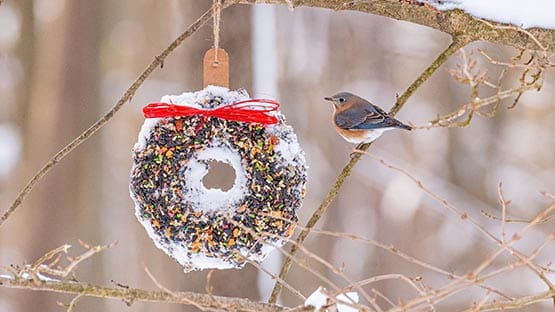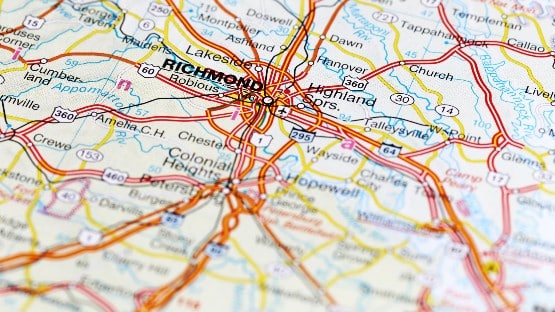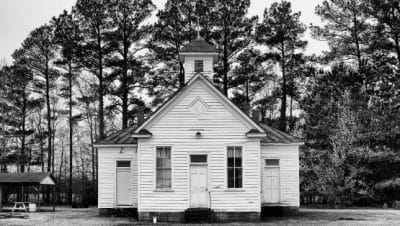
A team of researchers are studying how human well-being is impacted by regularly feeding birds. The group is no longer looking just at how bird feeding impacts birds – but looking at the activity’s benefit to humans.
Ashley Dayer, an associate professor in the Department of Fish and Wildlife Conservation recently had an article published in People and Nature on the topic.
“Wildlife agencies and others making decisions on managing bird feeding need to be considering not only what the science is behind what’s going on with birds, but also the science behind what’s going on with people,” Dayer said.
Dayer and a team of researchers is conducting what is perhaps the first large-scale bird feeding research that also incorporates observing humans.
“People are not only reporting what they see at their bird feeders, but also their emotional responses to it,” Dayer said. “It’s pretty fun because most citizen science projects focus just on the natural or physical science, but we’re now able to look at the human piece of it.”
Funded recently as part of a more than $1.5 million National Science Foundation grant led by Dayer and Dana Hawley, professor of biological sciences, the four-year project aims to engage more than 10,000 bird feeders across the United States.
Research collaborators
- Christy Pototsky, a graduate student studying fish and wildlife conservation at Virginia Tech
- Richard Hall, associate professor at the University of Georgia
- Alia Dietsch, associate professor at Ohio State University
- Tina Phillips, David Bonter, Emma Greig and Wesley Hochachka of the Cornell Lab of Ornithology
Dayer said interest in the topic began in 2021, when the researchers began to notice state agencies advising people to stop feeding birds in response to various avian disease outbreaks.
After looking into it, they found that 23 states had made such recommendations without evidence it would decrease disease spread, with varying levels of pushback, and with no real method of gauging compliance, much less its impact on people.
The new project is an extension of the work Dayer and Hawley began about six years ago with the help of a joint seed grant from the Global Change Center of the Fralin Life Sciences Institute and the Institute for Society, Culture, and the Environment.
Hawley said the lack of information about humans related to bird feeing was something she’d not previously considered, and she found it a strong motivator for this project.
“In all my years of studying how bird feeding impacts wild birds, I didn’t give much thought to how it can also impact the people that spend their time and money feeding and watching birds,” Hawley said. “I get calls every year from people who see a sick bird at their feeder and want to know how they can help prevent disease spread. All in all, this made me wonder about how policy decisions that aim to minimize disease spread can inadvertently impact the people who feed the birds.”
Dayer said her mother always made sure they had bird feeders outside their family’s home, and when she became an “empty nester,” the birds became almost like children.
“She’ll go on vacation and cut the vacation short because she needs to go home and feed her birds,” Dayer said. “So I’ve lived with someone who was really into bird feeding and have seen how important it can be to them.”
Dayer believes the positive impact of bird feeding isn’t limited to enthusiasts and is important in proving one of the most widely accessible connection to wildlife.
“People in urban areas can feed birds. People with just a deck can feed birds. People with a wide range of physical abilities can feed birds. So it’s just a great way to keep that human connection to wildlife,” Dayer said.










